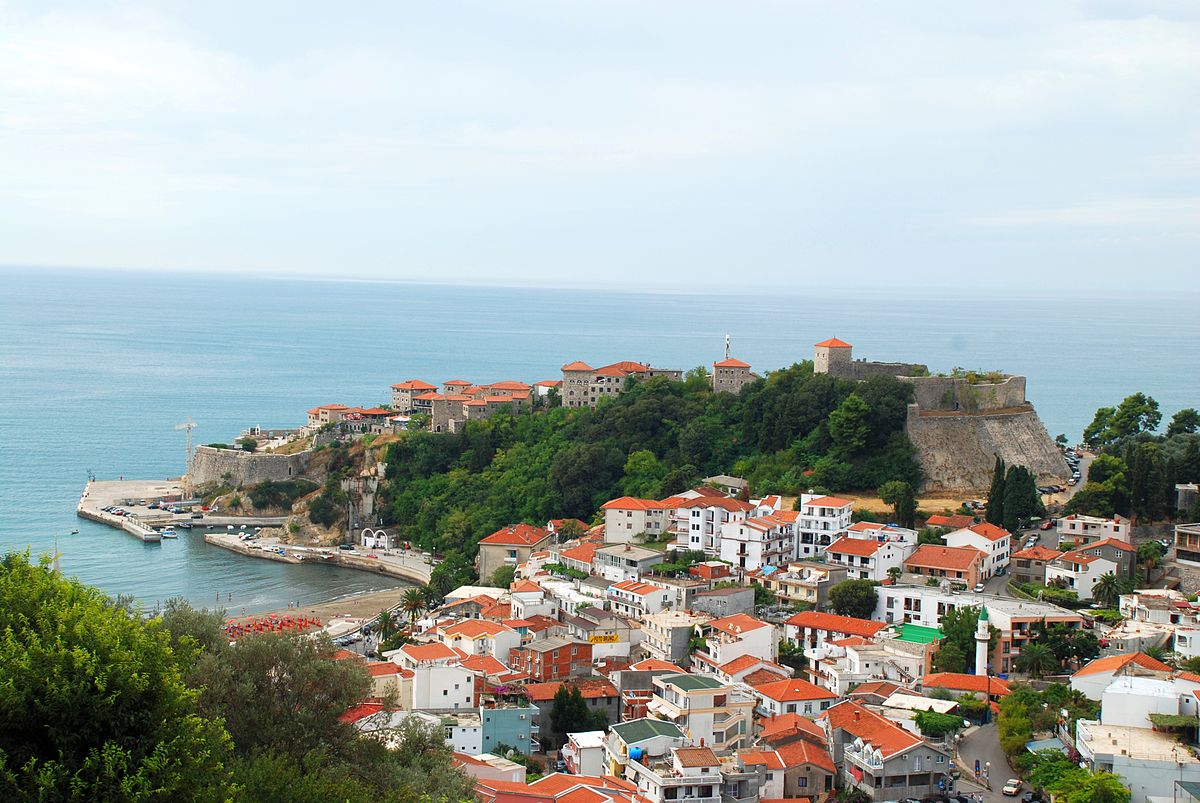Originally posted by Sarafot
View Post
Related Balkan Tribes
Collapse
X
-
Sarafot,Originally posted by Sarafot View PostHow about Greek lies and negation of Macedonians?
Greeks didn't say that the second part is Demotic Egyptian. 99,9% of the world's linguists and historians are. Feel free to email any history or linguist department of any university in the 1st world and they will tell you what the 2nd part of the Rosetta Stone is. This is just another myth propagated from various circles. The same way the Treaty of Bucharest "expiration date" myth is being propagated by those same circles.
Or if you don't believe me feel free to contact the British Museum in London where the Rosetta Stone is located and they will tell you themselves. Demotic Egyptian is a precursor to Coptic. During ancient times, the people of Egypt could not read Hieroglyphics which were only readable by Egyptian priests. Demotic Egyptian was the language of the average Egyptian. The third paragraph is in Greek of course.Last edited by Demos; 01-01-2009, 07:08 AM.
Leave a comment:
-
-
Go home DEMOS,that guy only saied that that is a demotic language!Originally posted by Demos View PostSOM,
The Rosetta Stone has already been deciphered over 100 years ago by a French scientist. Everyone knows what the two Egyptian segments and the Greek one already state.
Leave a comment:
-
-
SOM,Originally posted by Soldier of Macedon View PostI have heard your sentiments about Chudinov before Slovak, he is the Russian guy that used the same methodology as the 2 Macedonians are at the moment to decipher the Rosetta, is that correct? Could you show us in brief why his methods are flawed, I don't recall the exact arguments from the past, but I would like to re-visit them.
The Rosetta Stone has already been deciphered over 100 years ago by a French scientist. Everyone knows what the two Egyptian segments and the Greek one already state.
Leave a comment:
-
-
Thanks Slovak, it is indeed an IE word. As far as I am aware today Albanians say 'ujk' for wolf, 'ulk' was in use earlier, and here is something interesting with regard to that point.
In Europe, Balto-Slavic (Lithuanian, Russian, Macedonian, etc) languages are the only ones that use the form VLK with a vowel between the VL and/or LK for the word 'wolf'. While the Greek variant is reasonably close with LYKOS, the Albanian variant is much closer, ULK. Now, it must be surely noticed that the Albanian variant has followed the same sound change as some Illyro-Slavic dialects, namely, the dropping of the L in the word, therefore in Serbian from VOLK to VUK, in Albanian ULK to UJK. In my opinion this Albanian word seems very much a loanword from Slavic. And if it is a loanword from Slavic, then what does that indicate with respect to the Illyrian word OLK(INIUM)?
Just one more thing with regard to the word and the dropping of the letter V, I am not sure if this has any relation to it, but notice how in Macedonian a word for 'uncle' is VUJKO whereas in Serbian it is UJKO, in Russian the word for 'east' is VOSTOK whereas in most South Slavic dialects it is ISTOK? Before the Albanian language took its present form it may very well have had heavy Slavic origins to begin with in its current location.
Leave a comment:
-
-
*wĺ̥kʷos
Lith. vilkas, Ltv. vilks, Eng. wulf/wolf, Lat. lupus, Gm. wolf/Wolf, Gk. λύκος (lukos), Arm. գայլ (gayl), Alb. ulk/ujk, Skr. वृक (vṛ́ka), Av. vehrka-, Toch. —/walkwe, Pers. varka/گرگ (gurg, gorg), OPruss. wilkis, Goth. wulfs, ON úlfr, OCS влькъ (vlĭkŭ), Russ. волк (volk), Pol. wilk, Luwian walwa
Leave a comment:
-
-
I think the 'inium' is a Latin suffix, as recorded in Latin sources.
Leave a comment:
-
-
Truly remarkable SoM. You've done it again.Originally posted by Soldier of Macedon View PostTo tell you the truth Sarafot, I am entirely familiar (or convinced as a result) with the work of Tentov and Bosevski, we may need to open a thread and discuss that topic separately.
With regard to another Illyrian word, check the following Montenegrin city:
John Wilkes, who wrote 'The Illyrians', indicates a possible etymology for the placename Ulcinj/Ulqin (formerly Olcinium/Olkinium) as 'wolf', connecting it to the Albanian word 'ukas' (or ujk) which also means the same.
Wolf - English
Lykos - Greek
Ujk - Albanian
Olk(inium) - Illyrian
Volk - Macedonian
It is interesting to note that the Slavic variant seems to have had a sound change at some point from Olkin to Ultsin. If the word does indeed mean 'wolf', then in Slavic it presents itself in a plural form, for Volk is singular and Voltsi is plural, therefore Ultsi(n) would mean 'wolves'.
I love the comparative analysis - it makes for a very strong and convincing arguement.
What's the "inium" ?
Leave a comment:
-
-
To tell you the truth Sarafot, I am not entirely familiar (or convinced as a result) with the work of Tentov and Bosevski, we may need to open a thread and discuss that topic separately.
With regard to another Illyrian word, check the following Montenegrin city:
John Wilkes, who wrote 'The Illyrians', indicates a possible etymology for the placename Ulcinj/Ulqin (formerly Olcinium/Olkinium) as 'wolf', connecting it to the Albanian word 'ukas' (or ujk) which also means the same.
Wolf - English
Lykos - Greek
Ujk - Albanian
Olk(inium) - Illyrian
Volk - Macedonian
It is interesting to note that the Slavic variant seems to have had a sound change at some point from Olkin to Ultsin. If the word does indeed mean 'wolf', then in Slavic it presents itself in a plural form, for Volk is singular and Voltsi is plural, therefore Ultsi(n) would mean 'wolves'.
Leave a comment:
-


Leave a comment: